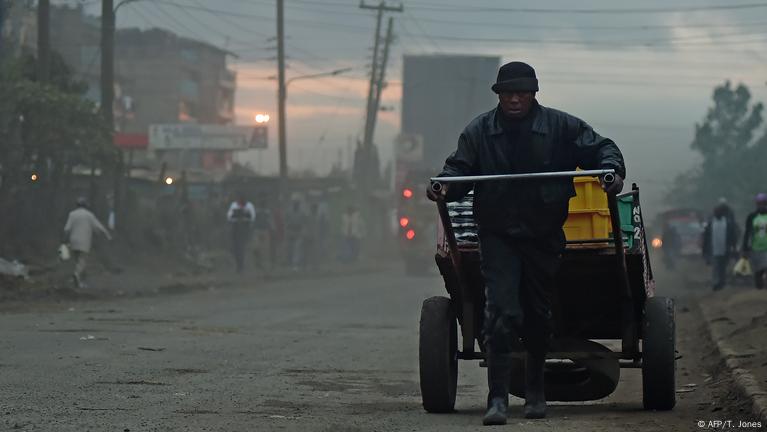Budget experts warn Kenyans trapped in hand-to-mouth struggle

The Parliamentary Budget Office also dismissed government’s optimistic projections, saying growth will only reach 4.8 per cent this year, lower than the Treasury’s forecast of 5.3 per cent.
Budget experts advising parliament have painted a bleak picture of the economic reality facing Kenyans, warning that millions are struggling to survive despite upbeat reports of national growth from the Treasury.
In a report tabled before the National Assembly’s Budget and Appropriations Committee, the Parliamentary Budget Office (PBO), led by Martin Masinde, said citizens are facing a sharp drop in purchasing power, forcing many to live “hand to mouth.”
The team warned that official growth figures mask the true struggles of households, whose incomes cannot keep pace with rising costs.
“There was a consecutive negative growth in real wages per employee, coupled with rising inflation, between 2020 and 2023, signifying a reduction in purchasing power for individuals in the formal sector,” the PBO stated.
The report noted that real wages fell from negative 1.4 per cent in 2020 to negative 4.1 per cent in 2023, before showing slight improvement in 2024.
According to the experts, this means even salaried workers saw their paychecks buy less and less each year. “This illustrates a worsening situation where wages are not keeping up with inflation,” they said.
Inflation during the same period rose from 5.3 per cent to 7.7 per cent, making the cost of goods and services climb faster than incomes.
“As inflation rose, the cost of living increased, which meant that individuals needed more money to purchase the same basket of goods and services,” the team explained, adding that while inflation dipped to 4.5 per cent in 2024, it remains uncertain whether this will ease the strain.
“Negative real wage growth implies workers were effectively able to buy less with the money they earned,” the report warned. It further cautioned that shrinking consumer spending and mounting financial stress could deepen poverty and inequality.
The PBO also dismissed government’s optimistic projections, saying growth will only reach 4.8 per cent this year, lower than the Treasury’s forecast of 5.3 per cent.
It observed that prices of essentials such as food, transport and housing continued to outpace incomes.
The report pointed out that private sector credit stagnated, locking out small businesses from loans to expand or even stay afloat. At the same time, government borrowing rose by 16.4 per cent, draining available credit and driving up costs for households and enterprises.
“The data shows a clear and distressing trend. For years, the cost of living has been winning the race against the paycheck. This creates an economy where people are running in place, unable to get ahead, and ultimately vulnerable to any small financial shock,” economist David King’oo observed.
The team concluded that the country’s economic outlook hinges on the “efficient and timely implementation” of the government’s BETA agenda.
It added that while inflation is expected to remain within target, food prices are likely to stay high, partly due to below-average short rains forecast between October and December.
